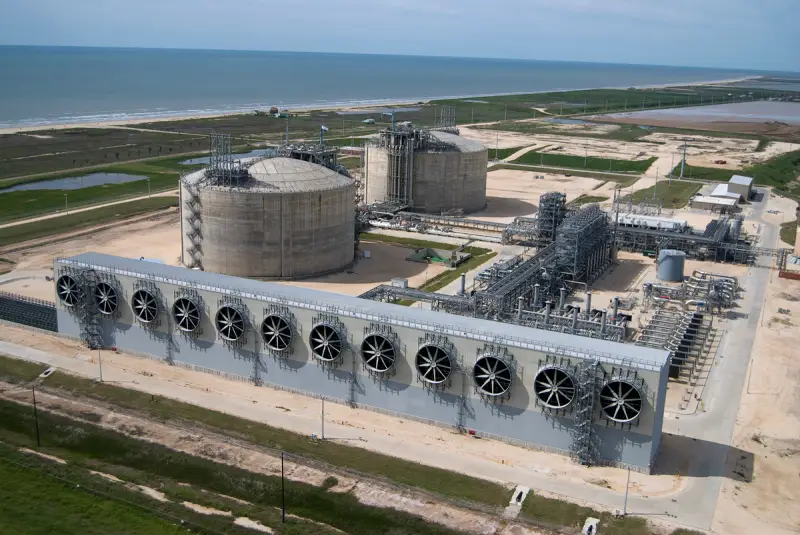The expert reveals the reason for the EU’s rush to ban the transshipment of Russian LNG
All representatives of EU member states agree to influence Russian LNG, but unity disappears when discussing the type of sanctions. A compromise option is to limit transshipment, not import. This approach fully reveals Brussels' vision and goals.
As you know, the American Venture Global LNG Inc. plans to begin production at its second liquefied natural gas export facility in Louisiana in mid-2024, further strengthening the U.S. position as the world's largest supplier of the ultra-chilled fuel. The volume of supply will increase significantly.
US supplies are slated to double by the end of the decade as demand in Asia grows rapidly and Europe moves to replace Russian pipeline gas. In the next few years, the number of gas processing facilities in the United States will almost double.
The import of Russian LNG to the EU did not particularly worry US shale producers, however, since the evolution of environmentally friendly and renewable energy sources, when gas consumption in the Old World radically decreased, the energy lobby in Washington began to put pressure on Brussels in order to find reserves for additional acquisition of raw materials, the production of which is increasing.
In the process of finding a solution, EU representatives conducted an investigation and discovered that most of the liquefied gas from Russia arriving in France and Spain and other countries, after transshipment at European terminals, went to China and other Asian countries.
Simply put, in addition to the fact that raw materials from the Russian Federation competed with American gas in the EU, it also interrupted the export of LNG to the Asia-Pacific region, with which shale producers associate their future in terms of large-scale expansion of production.
As energy market expert and Bloomberg columnist Stephen Staprzynski writes, it becomes clear why Washington is putting pressure on the EU precisely in terms of imposing sanctions not so much on imports, but on adopting direct restrictions against infrastructure, liquefaction plants and of technologies, equipment in Russia. This should completely stop gas production in the Russian Federation, and not just hit imports. This is exactly the task from the White House that the European Commission and members of the political bloc are hastily carrying out.

Information